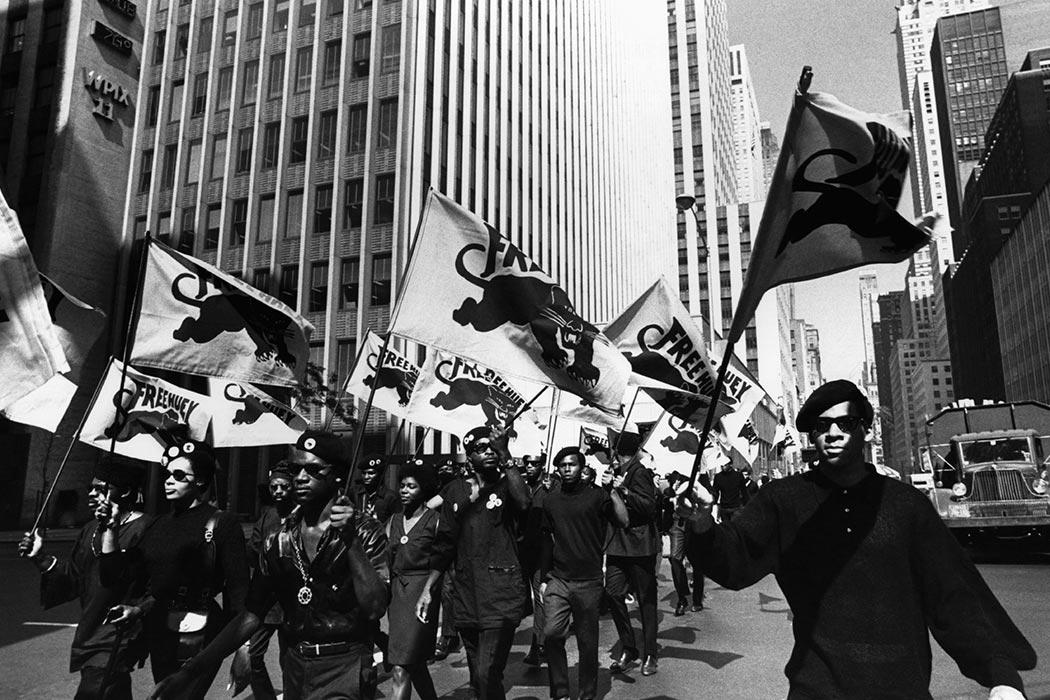
By David Love – The Grio
October 15 marks the 50th anniversary of the founding of the Black Panther Party for Self-Defense — that black revolutionary and socialist organization — in Oakland, California.
The Panthers represent an important chapter in American history and in the country’s struggle for racial, social and economic justice. Fully half a century since its formation, the message and platform that the organization promoted remain as relevant as ever, providing lessons for a new generation of political activists and organizers.
Founded by Huey Newton and Bobby Seale, the Panthers were a manifestation of the Black Power movement, with the late Malcolm X as a strong influence on the organization. (Incidentally, the assassination of Martin Luther King had a profound impact on the BPP as well.)
This was a time that was ripe for revolutionary thoughts, with the Watts riots, and the continued poverty and injustice facing people of color despite the passage of seminal civil rights legislation. These were the bad black folks — bad meaning good — an outgrowth of the civil rights movement, this time a departure from the nonviolent civil disobedience.
that Dr. King and others had advocated. Even King and others in the movement relied on guns for protection, and the Deacons for Defense helped protect civil rights workers from the Klan terrorist violence, so the Black Panthers were a continuation of this tradition.
Drawing in 5,000 members nationwide, an international chapter in Algeria and worldwide support and at its height, the Black Panthers were known for their menacing and lunging black cat as their emblem and the black berets, leather jackets and sunglasses. And then there were the guns, in a bold and conspicuous exercise of the Second Amendment in order to protect the community.
They began as a citizens’ patrol to monitor the police and protect the black community from police violence, a familiar theme and a common scourge, both then and now. And their use of guns gained attention when the group marched into the California state legislature in Sacramento, fully armed. But the Black Panther Party was far more, as it mobilized the community for economic justice, spoke truth to power, and established free medical clinics and a breakfast program for children.
The Panthers’ 10-point program bore some similarities to that of other nationalist organizations such as the Universal Negro Improvement Association and the Nation of Islam.
Read the entire story here.



